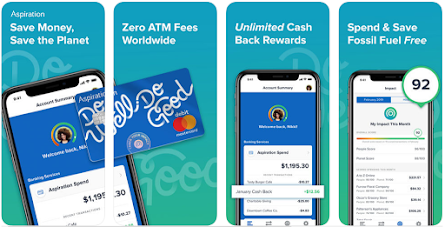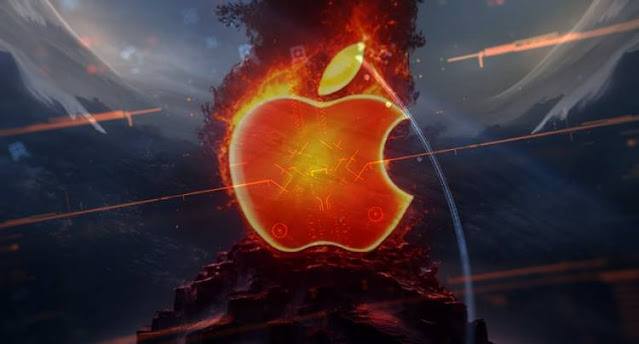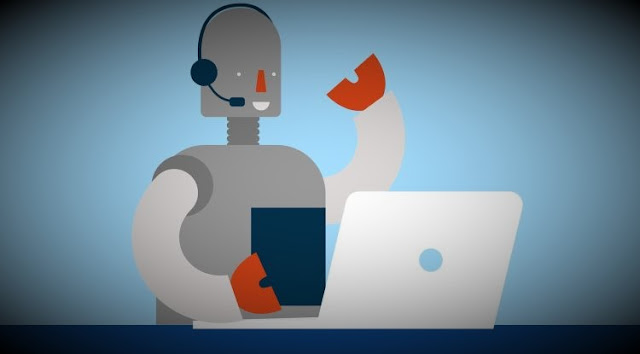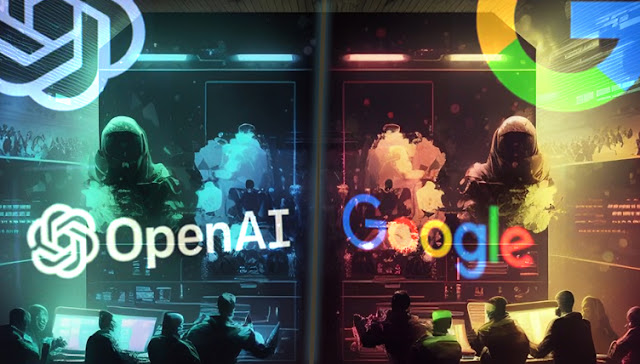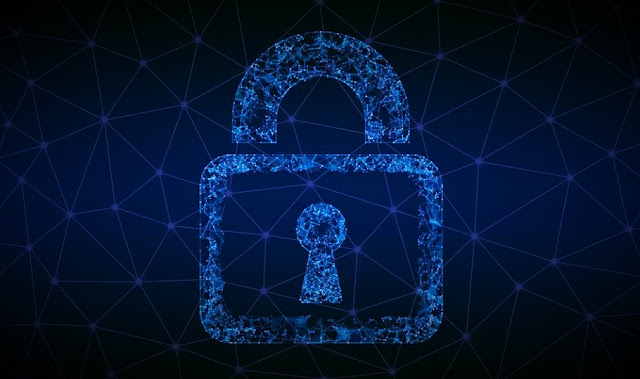Smart phones are an important part of our lives. We use them to stay connected with friends and family, to get work done, and to stay up-to-date on the latest news and trends. As such, it is important to take steps to protect our phones from hackers and other cyber-attacks.
Here are a few simple steps that you can take to keep your phone safe and secure:
1) Use a strong password that is not easy to guess.
2) Install a reputable security app such as Norton or McAfee.
3) Only download apps from official app stores, such as Google Play or the App Store.
4) Be careful when clicking on links or opening attachments in emails.
5) Regularly back up your data so that if your phone is ever lost or stolen, you will still have your information safe and secure.
By following these simple steps, you can help to keep your phone safe from hackers and other online threats.
Why Do You Need to Secure Your Smart Phone?
Smartphones contain a wealth of personal information, from contacts and emails to bank details and passwords. As such, it is important to take steps to secure them from hackers and thieves.
One way to do this is to password protect your phone. This will make it more difficult for anyone else to access your data.
Another important step is to only download apps from reputable sources. Malicious apps can steal your data or even install spyware on your phone.
Finally, it is important to back up your data regularly. This will ensure that if your phone is ever lost or stolen, you will not lose all your information.
What Are the Risks of Not Securing Your Smart Phone?
Smart phones are like mini-computers and are just as vulnerable to cyber attacks as desktop or laptop computers. In fact, a smart phone may be even more vulnerable because it is carried around with you everywhere you go.
That's why it's so important to take the necessary steps to secure your phone and protect your data. Follow these simple steps to keep your phone safe and secure:
1. Install a good security app and make sure it is always up-to-date.
2. Set a strong password and don't use the same password for all your accounts.
3. Don't install apps from unknown sources.
4. Be careful what information you share online.
5. Regularly back up your data.
How to Set a Secure Passcode for Your Smart Phone:
Now that we know how easy it is to set a secure passcode for our smart phone, let's do it!
Your passcode is your first line of defense against hackers and thieves, so it's important to make sure it is strong and unique. You can set a passcode on your mobile device by going to the App list, tapping Settings, tapping Lock Screen, and setting your password.
Make sure your password is a combination of letters and numbers, and that it is at least six characters long. And don't use the same password for all of your accounts - that's just asking for trouble!
How to Encrypt Your Smart Phone
Smart phone security is more important than you think. In fact, your personal data may be at risk if you don't take steps to protect it.
One way to safeguard your data is to encrypt your phone. This can be done on Android devices by going to Settings > Security > Encrypt Device. Another way to encrypt your Android device is to go to Settings, then tap "Security" or "Security & location." Select "encryption & credentials" and/or "encrypt phone."
Encrypting your Android device will help keep sensitive data and photos private. So if you're not already doing so, be sure to encrypt your phone today!
How to Use Two Factor Authentication for Your Smart Phone
Your smart phone is a valuable piece of equipment, and it's important to keep it safe and secure. One way to do that is by using two-factor authentication. This security feature requires you to enter your account password and a verification code that is sent to your phone.
You can turn on two-factor authentication on your phone by going to Settings > Accounts > Google, and signing in. Or, on macOS, go to System Preferences > iCloud, sign in, click Account Details > Security > Turn on Two-Factor Authentication. With 2-Step Verification, you can add an extra layer of security to your account in case your password is stolen.
Pro Tips for Keeping Your Smart Phone Secure
Here are a few pro tips for keeping your smartphone secure:
First, to avoid giving out personal information, be sure to disable location services and Bluetooth when you're not using them. Also, make sure to use a strong password, pin or pattern to lock your phone.
Second, be careful about the apps you download. Only download apps from reputable sources, and be wary of apps that require too much access to your data.
Lastly, back up your data regularly. This way, if your phone is ever lost or stolen, you'll still have all your information backed up and safe.
Things to remember...
Just as you protect your computer with antivirus software and your house with a security system, you need to protect your phone with security measures. Why? Because your phone has a lot of personal information on it—information that could be used to steal your identity or access your bank accounts.
Here are a few tips to help keep your phone safe:
1. Install a security app.
2. Use a strong password.
3. Set up remote wipe in case your phone is lost or stolen.
4. Don't store sensitive information on your phone.
5. Be careful what you download and install.
6. Keep your OS and apps up-to-date.
7. Avoid public Wi-Fi networks.
8. Use a privacy screen protector..
-----------
Author: Preston Summers
Tech News CITY // Austin Newsroom




